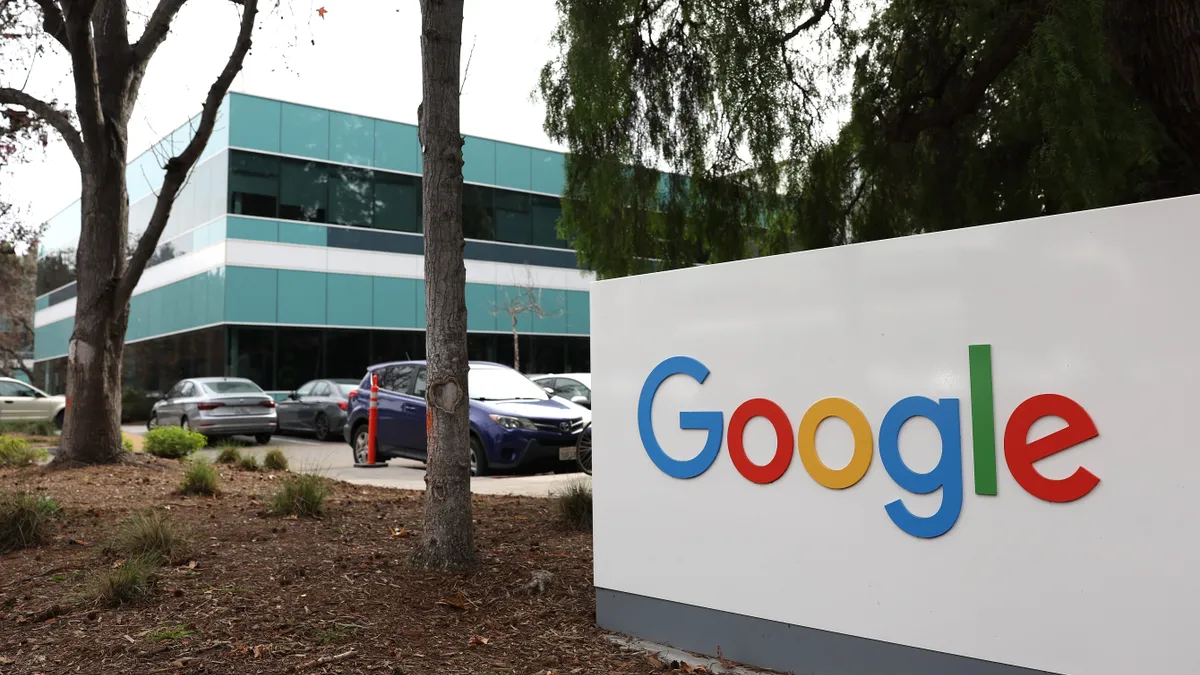Google has operated its dominant search engine and signed distribution deals in a manner that violates the Sherman Act, a federal judge ruled Monday in a major antitrust case that could carry significant implications for the digital advertising market.
Google controls a roughly 90% market share in online search and 95% for searches on mobile devices, District Judge Amit Mehta of the District of Columbia noted in his extensive ruling. Microsoft’s rival Bing product, the No. 2 search player, is at a mere 6%.
“Google is a monopolist, and it has acted as one to maintain its monopoly,” Mehta wrote.
The government claimed in the 2020 lawsuit that Google kept its monopoly because of its contracts with companies including Apple, Samsung, Amazon and others to make Google the default search option on mobile devices and other electronic gadgets.
Those agreements with device makers also include a variety of other Google apps loaded onto phones, with rival companies frequently excluded.
In his ruling, Mehta noted that Google was the default search option on devices using operating systems from both Apple and Android. Those two brands control a large majority of the U.S. mobile phone market.
Google has monopoly power in the markets for search and search text ads and its distribution agreements are exclusive and carry “anticompetitive effects,” Mehta wrote in the 286-page ruling. The company has also failed to offer “valid procompetitive justifications” for its agreements, he wrote.
Google will appeal the decision, Kent Landers, the company’s president of global affairs, said in a statement emailed to Legal Dive.
“This decision recognizes that Google offers the best search engine, but concludes that we shouldn’t be allowed to make it easily available,” Landers said. ”As this process continues, we will remain focused on making products that people find helpful and easy to use.”
The court also found that Google used its monopoly to charge “supracompetitive prices for general search text ads,” earning it monopoly profits.
“The court concludes that Google has violated Section 2 of the Sherman Act by maintaining its monopoly in two product markets in the United States—general search services and general text advertising—through its exclusive distribution agreements,” Mehta wrote.
The Justice Department lawsuit dates to late 2020 when the Trump administration and 11 states sued Google alleging that the “gatekeeper of the Internet” had violated the Sherman Act by holding monopolies in the search and search advertising markets.
Google argued at trial last year that its contracts with phone makers did not violate antitrust laws or reduce competition in the search market.
In a statement, Attorney General Merrick Garland called the ruling “an historic win for the American people.”











